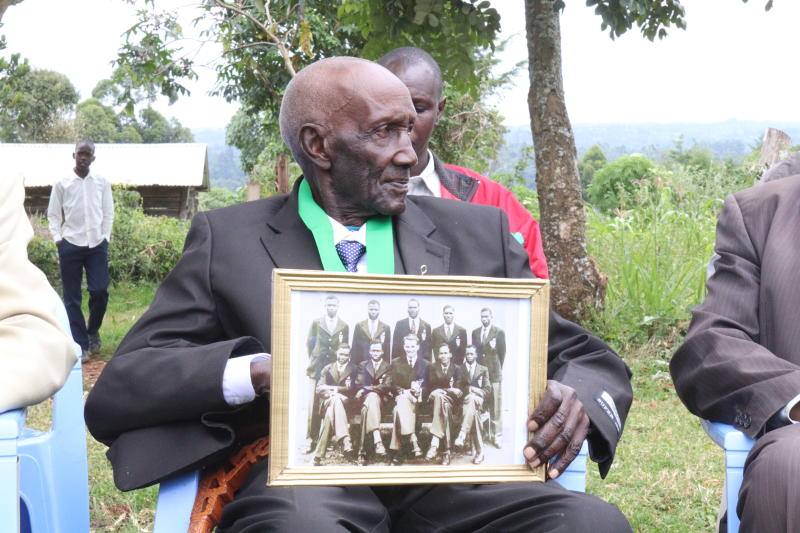×
The Standard e-Paper
Kenya’s Boldest Voice

More than 54 years after he retired from the military, retired Lieutenant Colonel Joshua Korigo Barno is one of Kenya’s unsung heroes, who played a role in the country's independence.
He hails from the sleepy Kaptaragon village in Nandi County, home of many athletic giants, including Henry Rono, Janet Jepkosgei, Wilfred Bungei, and Ben Kogo, among others.